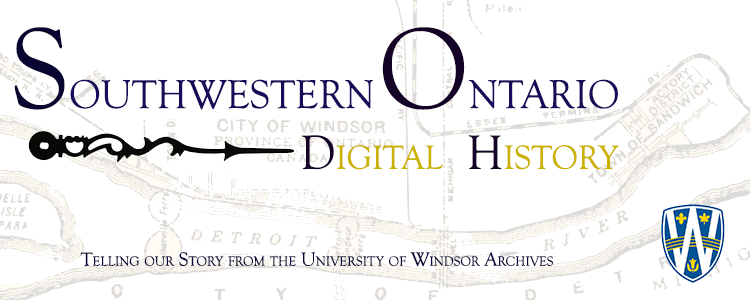Censorship

This letter shows a wife being assisted with what to include or not include in her letter while writing to her deployed husband.
During World War II letters were censored by military personnel and post office workers to protect sensitive information being leaked to the “enemy aliens.” Censorship occurred in Canada, England and other allied countries. With constant threat of violence and air raids in England, the government began using censorship to maintain support for the war effort. Without support for the war effort, military equipment may not have been produced quickly and the war may have ended in defeat for the allies. Censorship was focused on newspapers to ensure information was not released to the enemy and the public was not exposed to disturbing content. Soldiers’ letters were censored for the same reasons as newspapers. Soldiers letters that discussed the horrors of war were kept from families on the fear that public opinion would be routed away from support of the war.
Canadian Censorship
In Canada, letters received and send by soldiers were read and censored before reaching their destinations. Fear of enemy aliens posing as Canadian citizens created a culture of fear and secrecy across the country. The public was protected from sensitive information and letters were only received after being approved by military personnel. The letters presented by this online exhibit would have received approval from the military. The letters were received by Mr. Reverend Reid from our author throughout the 1940s. Other letters suggest he was able to write back to our author in a timely manner. Our author manages to write several letters to Reid during the war. The letters avoided censorship from both Canadian and British military personnel.
Self Censorship
Both England and Canada used censorship of letters to protect citizens and maintain support for the war effort. The letter provided for this page is a demonstration of a wartime letter that did not need to be censored. This is because the author understood and respected the concept of self-censorship. Many people used self-censorship to ensure unaltered letters reach the recipient. This became wide practice and supported by Canadian and American citizens on the home-front as well as soldiers overseas, and there was an onslought of propaganda released around this time encouraging family members and soldiers alike to be mindful of what they included in their letters. Some examples of this can be seen on the left.
The letter provided at the top of this webpage was sent from Plymouth, England to Toronto, Ontario, Canada. The letter is brief and avoids using details about the soldier and/or his wife’s wellbeing. The letter suggests the soldier is injured, dead, or missing. The writer could be writing a letter with the wife to send overseas to comfort the soldier. The writer is likely writing the letter with the wife to ensure self-censorship. With censorship concerns among the allied countries, it became common practice for people to write carefully.
